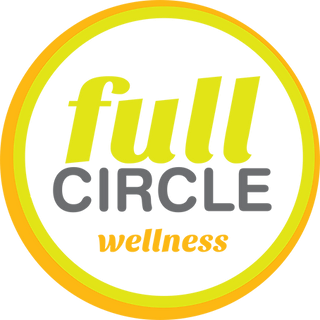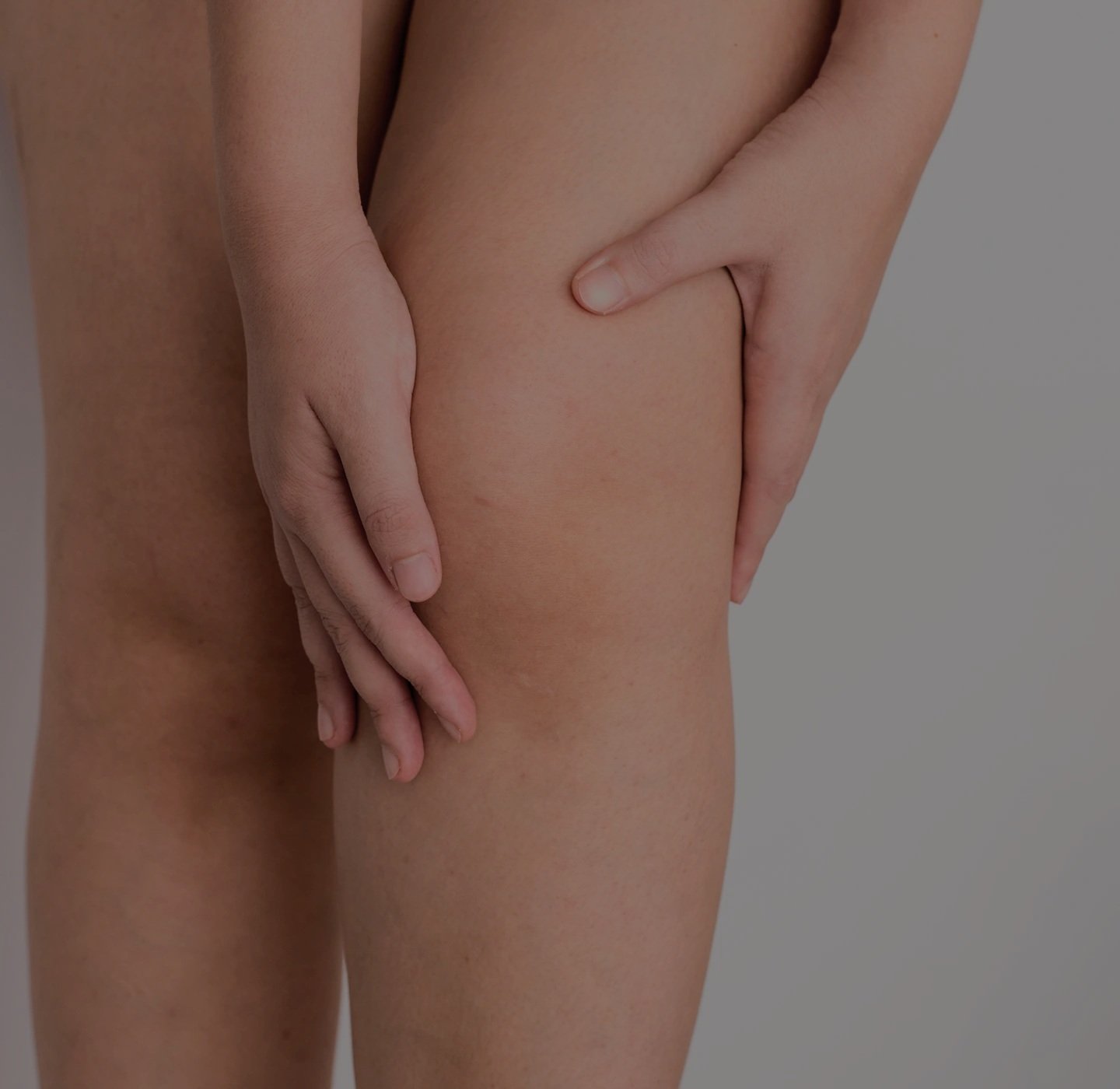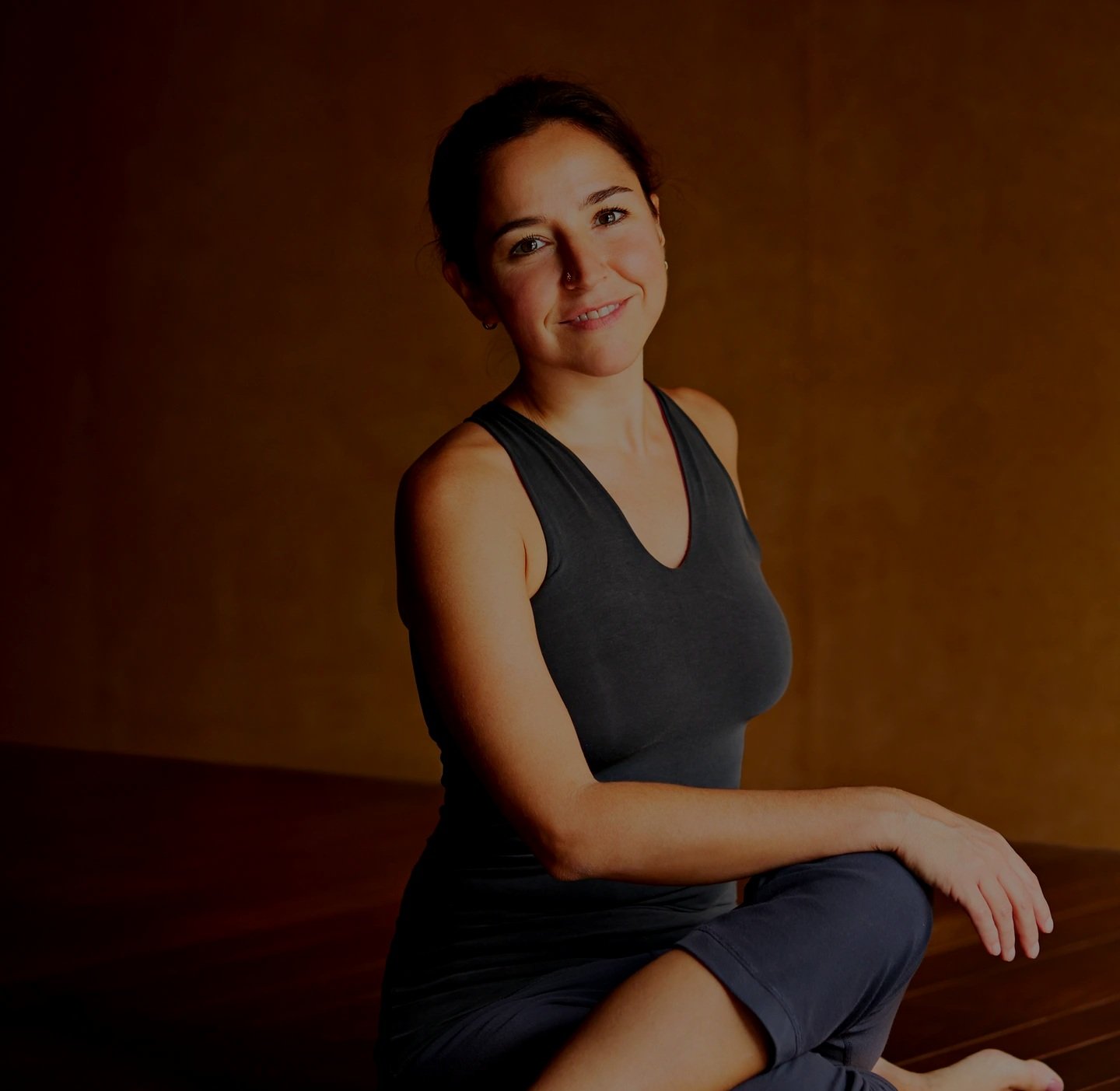MUSCULOSKELETAL THERAPY
MUSCULOSKELETAL REHABILITATION THROUGH EXERCISE
Exercise physiology is a specialised approach that provides targeted treatment and rehabilitation for a wide variety of musculoskeletal disorders. Our expert exercise physiologists are here to help you find relief, enhance your physical function, and effectively manage your condition through evidence-based exercise programmes.
Musculoskeletal disorders, affecting nerves, muscles, tendons, and support structures like spinal discs, can result in injury or pain and hinder movement. Many Australians struggle with these conditions, but our expertise can help manage them. By offering personalised, evidence-based exercise programmes, we aim to improve the quality of life for individuals with musculoskeletal disorders.
Schedule an appointment with an exercise physiologist at Full Circle Wellness today to manage your condition, using exercise-based treatments tailored to your specific needs. Call us on 07 5456 1599 or Contact Us. We can help you improve your life today!
-
Our Exercise Physiologists address a range of head and cervical issues, including pain, discomfort, and conditions such as:
Osteoarthritis: While there is no cure, exercise physiology can help alleviate symptoms, improve function, and manage the condition effectively through tailored exercise plans.
Tinnitus: In some cases, tinnitus may be linked to musculoskeletal problems that can benefit from targeted exercise physiology treatment.
-
We provide treatment for all major upper limb joints and muscle groups, from injury recovery to pain relief:
Rotator Cuff/Shoulder: Exercise physiology can enhance range of motion and strength in cases of tendon or muscle damage in the shoulder/rotator cuff area.
Elbow: Our treatment includes addressing injury, discomfort, and common conditions such as golfer's elbow and tennis elbow.
Hand & Wrist: We offer therapy for musculoskeletal pain resulting from trauma, repetitive strain injuries, or other health conditions.
-
Consult our exercise physiologists for appropriate treatment options to address discomfort or chronic pain in the lumbar and pelvic regions:
Osteoarthritis: Exercise physiology can effectively manage OA-related pain and discomfort in the lumbar and pelvic regions.
Degeneration: Our therapy can provide relief from pain and slow the progressive weakening or wasting of muscles due to degeneration.
Pelvic Floor Deficiency: Safe exercise programs can enhance muscle control in the pelvic floor region for this relatively common condition.
-
Our exercise physiologists can assist you with common lower limb health conditions, such as:
Osteoarthritis: We provide management and therapy for pain and discomfort in the lower limbs caused by OA.
Hip/Knee Replacement Therapy: Post-operative therapy can strengthen crucial muscle groups and restore pain-free movement and function.
Muscle Strains and Tears: Accelerate recovery and prevent future injuries with our targeted treatment programs.





